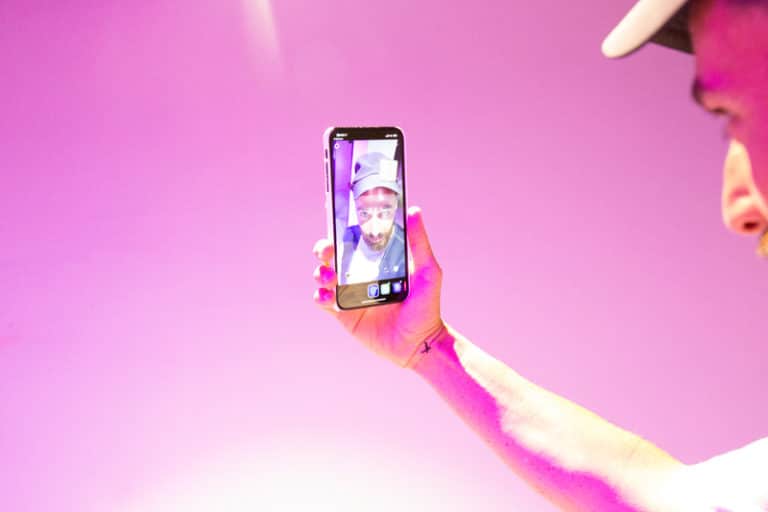Hackers are scamming people for the blue verification tick on Instagram

Surely you’ve heard of the blue verification tick on Instagram, that little sign that proves someone’s authority and influence, while increasing their reputation at the same time. Before influencers were a thing, only big celebrities like Beyoncé and Kim Kardashian had the right to that tick. Now, brands prefer social media influencers with an organic audience, a specific reach, and that blue tick to the right of their name.
With the growing desire to have a blue tick and its second to none impact on who you are on the platform, it only makes sense that hackers saw this as an opportunity to scam people for their money. Online scammers offer to sell verified Instagram accounts to users or offer to get the account verified in exchange for big money (it appeared that some people paid thousands of dollars for it). In trying to pay for a blue verification badge, users are redirected to a website that looks just like Instagram’s official page, through this site hackers are able to grab all of these users’ account information. This means that scammers gain access to email address, username, and password associated with the account. They then use this data as blackmail to withdraw more money from people. In some cases where the user is unable to pay the amount required, hackers can sometimes threaten to release the user’s data online.
Other scamming techniques included hackers finding users’ phone numbers and chatting with them on WhatsApp and by telephone. Some of the hacking network has been shut down, but it is just one of many groups of people seeking to exploit Instagram’s verification tick for personal gain. This dark new side of Instagram shows how concerning the verification system is. If people fall for this scam in the first place, it’s because, with influencers flooding their timeline, getting the blue tick now seems possible when it was out of the question only a few years ago.
Being ‘verified’ comes with perks. It’s harder to impersonate you, your comments stay on top of everyone else’s, and let’s face it, it just looks cooler. In 2018, Instagram introduced a public verification-request form, making the number of verified users balloon. The company never released the exact number of verified accounts, but more and more influencers seem to have it and the correlation between fame or even the number of followers you have has become more obscure. The fine line between celebrities and average users is now blurred and everyone wants to be part of the influencer category, macro or micro ones.
SCREENSHOT spoke to Mai Raunstrup Laursen, campaign coordinator at Brandheroes, a Danish influencer management company that just launched its own app in the UK. “It seems like it has become way easier to get the tick. I see people ranging from 2,000 to 2 million followers getting the tick, which means the tick is becoming more and more irrelevant,” says Laursen. When asked about what needs to be improved on Instagram for the company’s business to thrive, she answered, “The removal of fake followers. Just like hackers, they make our job more difficult because we have to make sure brands get exactly what they paid for.”
Other legitimate companies have also started offering help on getting the highly coveted Instagram verification badge, such as PR News io which can help anyone with getting mentions in federal and global media to go through the verification process on Instagram and get the blue badge.
The way brands and people look at that blue tick has changed. It is more accessible than before, and therefore more common. But when something you don’t have is classified as common, you’ve got to have it—whether it’s free or whether you have to pay for it. It is easy to assume that if this many people have ‘achieved’ verification, it must be something you can buy. In other words, in the flurry to ‘not get left behind’, it has become easy to fall for a scam. Until Instagram publicly explains what the blue verification tick really means on the platform, and offers a transparent process on how to achieve it, hackers and online scammers will exploit people’s confusion and unquenchable desire for it.
In an effort to improve authenticity and boost trust, Instagram gave people more access to the blue verification tick. What did we do with it? We turned it into another thing that makes social platforms profitable for our own self-promotion and profits. This problem shows how dubious we should be, as social media users, and it should only push us to be more careful with how open we can be on the platforms we deem so trustworthy.
Just like with everything else, let’s question what we’re used to seeing, pay attention, and stop caring that much about how other people perceive us through our online presence. Paying for that verification badge should not validate your self-worth, and it is not going to work either, because like Mai Raunstrup Laursen said, “We are living in a time of catfishing.”





